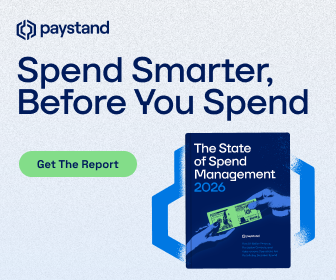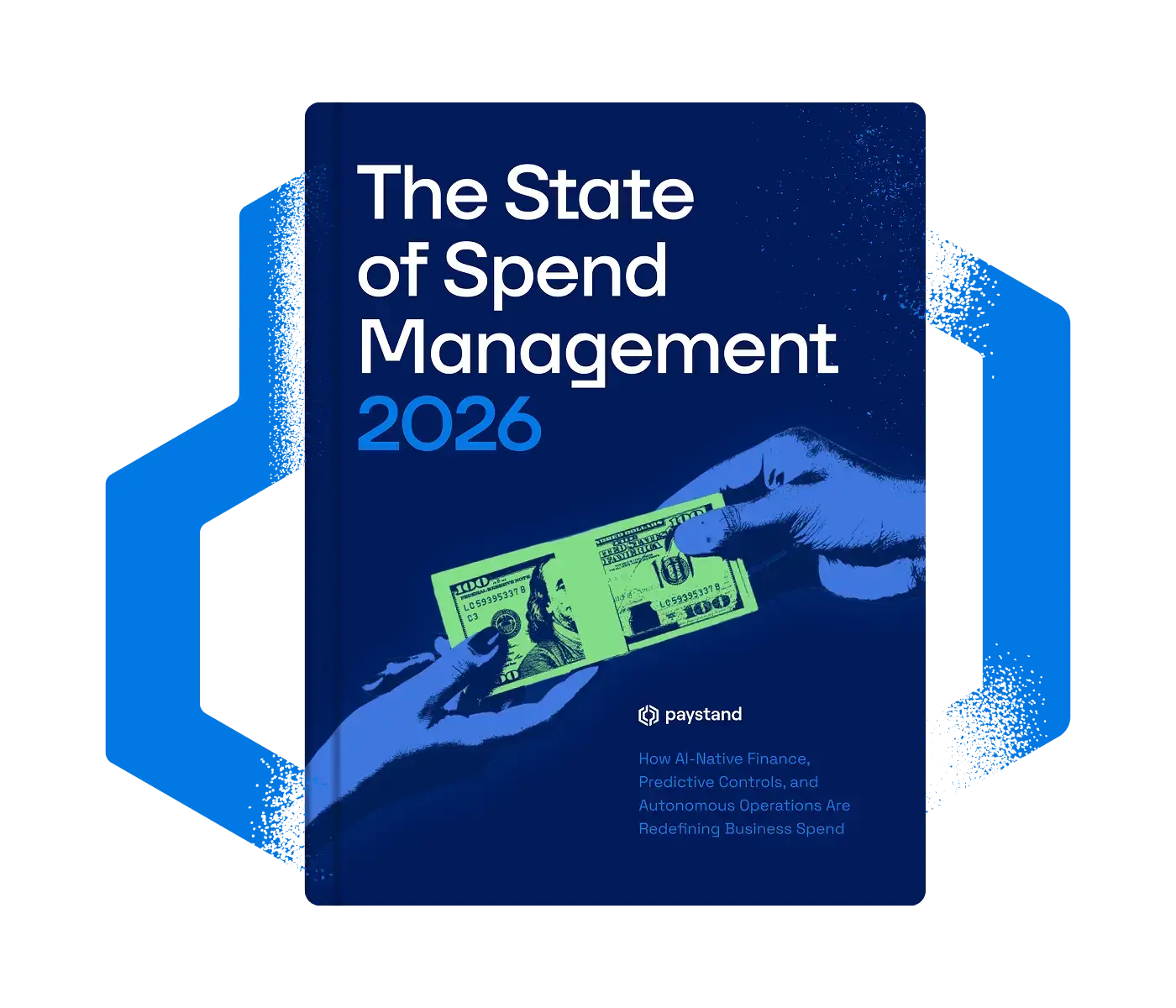Artificial intelligence. Something that’s been discussed by pundits, science fiction authors, and technology futurists, AI has been finding increased use in the business world as companies work to bring on technology that improves decisions without causing additional input from humans.
From algorithm-based automation to true machine learning, executives across the organization are turning to robots to handle a variety of challenges—and according to a recent study from Deloitte, finance leaders should start taking AI solutions seriously.
The Early Adopter Phase is Ending
With companies bringing AI products into their businesses, many are finding that these solutions are going from the early adopter phase to the mainstream, and leaders may need to start looking at how to evaluate an AI solution for accounting and finance.
According to the recently published third edition of Deloitte’s State of AI in the Enterprise report, respondents are starting to look or even move into the buying phase, with about half of respondents having launched multiple AI systems and more than a quarter demonstrating maturity.
Will this be on the table for discussion in the next few years? Probably. In fact, one of groups considered eager to explore the value of AI is that of the CFO, who even in the midst of a pandemic is beginning to push for AI in his or her digitization initiative.
Why Finance Finds Value in AI
Though AI and machine learning technology can be applied to a variety of processes, many see finance as one of the largest beneficiaries. Since this function routinely relies on large and complex volumes of data, both financial and operational, to fuel its many processes, AI can provide necessary intelligence and understanding for companies who use it.
Many in the finance function plan to use AI and ML to automate tasks that typically require manual intervention, improving the accuracy of the accrual process or speeding up account reconciliation, and, ideally, eliminating any traces of human bias.
Further, the use of AI will also provide finance with connection between back- and front-office processes, connecting with the commercial side of the business to produce insights and boost predictability, providing increasingly accurate predictions into things like customer or supplier behaviors.
The Next Three Years: The Window of AI Transformation
Though many companies are still looking to iron out the funding questions, most expect that AI will transform both their organizations and industries in the next three years. When asked about when they think AI will start causing significant transformation, three quarters expect AI to drive significant change at their organizations in the next three years, with nearly 10 percent already seeing a change.
Getting Past the Barriers
The Deloitte article dives deeper, presenting a few questions that those looking to embrace AI and ML may have, including funding, focus, and whether they should build or buy. Among the insights:
- Partnering to Get Past Barriers: Affording AI will present challenges., but if necessary, finance leaders can explore creative funding sources, such as vendor subsidy and ecosystems programs, co-investment strategies, and other models, to provide funding for technology innovation within finance.
- Finding Out Where to Focus: While these products deliver increasing value over time, the big question is where you should look first. While the greatest opportunity and most likely benefit in the short-term may lie with streamlining back-office activities, others will be using it to build relationships, improve products, or enable new business models.
- How Can We Find or Develop AI Talent: Paired with the build or buy question, finding the right people to put AI into action is another issue. Developing inhouse expertise can begin with prioritizing AI-related skills in recruitment and training.
The entire article digs even deeper, providing insights into the frameworks, steps, and approaches you can take on the road.
Free Controllers Council Guide: AI in Accounting
If you’re looking to hold your own at the table or even understand the benefits that IA can have for your team, we recently released a guide to help. The Controllers’ Guide to Artificial Intelligence (AI) will provide a concise but complete view of AI and related technologies of Machine Learning (ML), Robotic Process Automation (RPA) and more. The guide will focus on the applications and opportunities for the accounting function, exploring the role of “Robots” in the Accounting process. Download it now.
Additional AI Resources
Controllers’ Guide to AI Part 1: Know Your ‘Enemy’
Controllers’ Guide to AI Part 2: Will AI Kill the Accounting Department?
Controllers’ Guide to AI Part 3: How to Employ Robots in the Accounting Process
Controllers’ Guide to AI Part 4: Needed Skills to Make Yourself Invaluable




